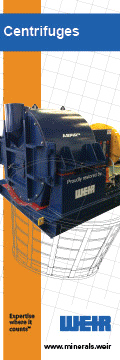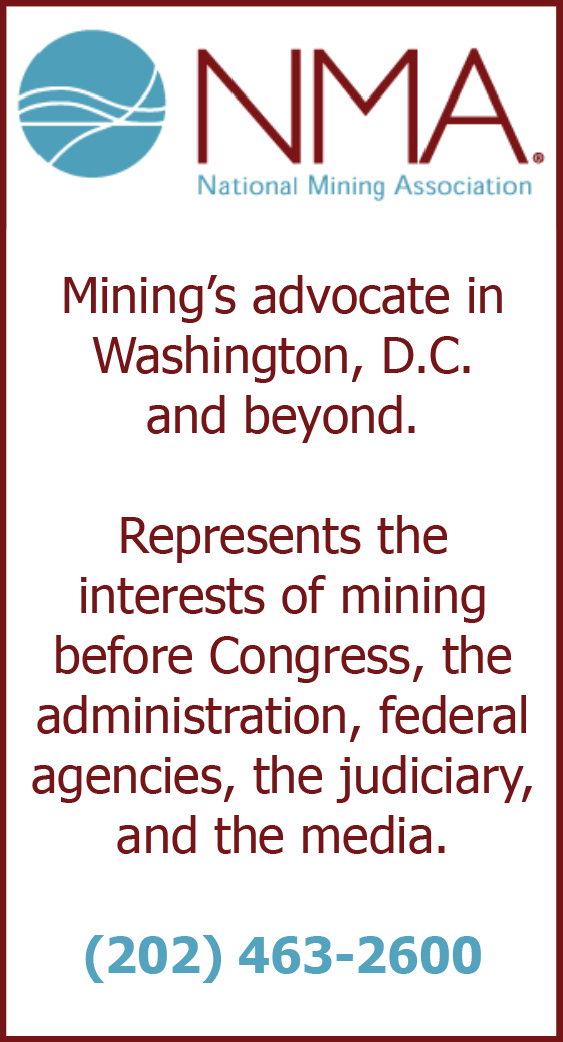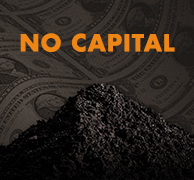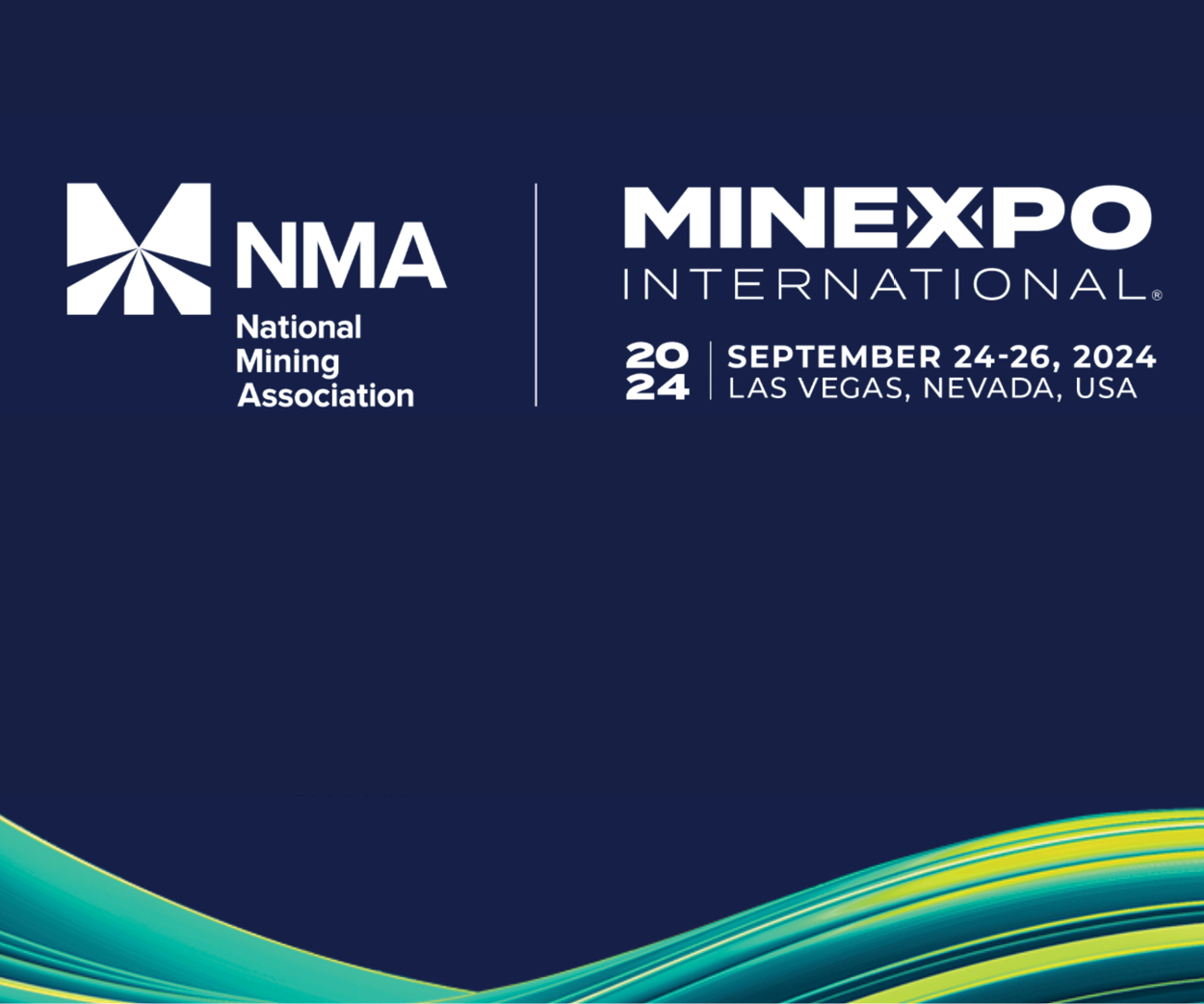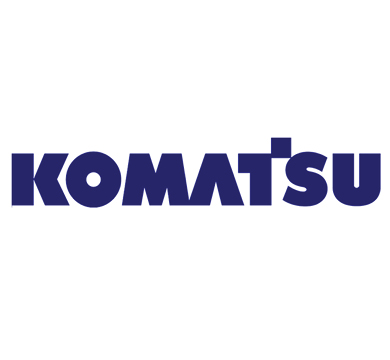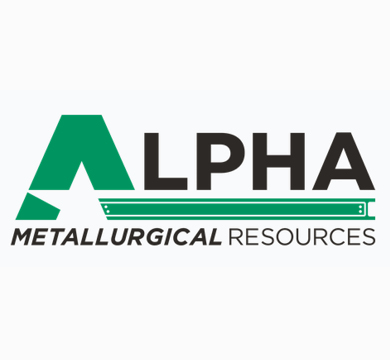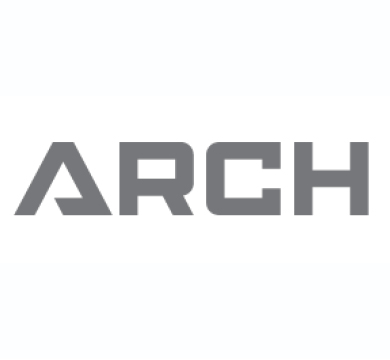Nevada Democrats File Late Bill to Boost Mining Tax for Education
All three are constitutional amendments, and would need voter approval in 2022 to take effect.
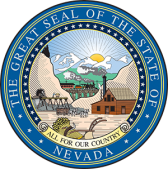
[Click image to enlarge]
Democrats in the Nevada Legislature late Saturday unveiled a last-minute bill that would raise the taxes paid by mining companies as part of their push to increase state revenues and better fund education.
Assembly Bill 495, introduced late Saturday night, would create a new tiered tax structure specific to larger mining companies and send the state’s portion of mining tax revenue that has historically gone to the general fund instead to the account that funds public education.
Assembly Speaker Jason Frierson, D-Las Vegas, said the new tax would generate about $170 million over the two-year budget cycle. When combined with moving existing net proceeds revenue from general fund, the bill will send more than $300 million to education, he said.
“This will reflect a compromise that everyone can live with,” Frierson said late Saturday.
Tyre Gray, president of the Nevada Mining Association, said in a statement that the bill is also intended to replace a trio of proposed constitutional amendments passed during a special legislative session last summer.
“The bill seeks to increase mining’s contributions to the state by over 100% and comes after deliberative conversation between Governor Sisolak, legislative leadership, and mining. Unlike other recent revenue sources, these dollars will go entirely to education, while also ensuring that Nevadans remain employed, rural counties remain funded, and mining operations remain viable,” Gray added.
The new tax structure would impose a 0.75 percent tax on gold and silver gross revenues between $20 million and $150 million. That rate would increase to 1.10 percent for all revenues greater than $150 million.
As part of the compromise, the Opportunity Scholarship tax credit program would increase from $6.7 million in the next fiscal year to $11.4 million.
Frierson also said that there will be a forthcoming bill that will allow the Clark County Education Association to withdraw its two ballot initiatives that it qualified last year, one seeking to raise a portion of the state’s sales tax by 1.5 percentage points and another that would add a new tier to the state’s gaming tax, bringing it to 9.75 percent. Combined, the two initiatives would generate roughly $1.4 billion if both were approved by voters in 2022.
The bill is the Democrats’ latest attempt to increase taxes on mining amid calls from education groups and progressive to better fund public education, and represents a deal struck between the mining industry, gaming resorts, teachers unions, and lawmakers in the waning days of the legislative session that ends on Monday.
“We think this deal sets Nevada on the right path to finally have mining pay what they owe,” said Annette Magnus, executive director of the progressive advocacy group Battle Born Progress, in a statement.
The mining industry’s revenues fluctuate as the price of minerals rises and falls. In Nevada, gold and silver make up more than 90 percent of the industry’s overall take.
The new proposal follows numerous other pushes from Democrats to alter mining taxes during special legislative sessions last summer.
One plan called for a 60 percent cap on deductions afforded to mining companies, a move that would have generated roughly $55 million additional revenue per year. But that proposal died after a public flip-flop by Republican Sen. Keith Pickard, who signaled that he would support the bill before eventually voting against it.
In a subsequent session, lawmakers passed a trio of proposals to remove the 5 percent tax cap on net proceeds of minerals mined that is enshrined in the state constitution. Two of the proposals would change that to a 7.75 percent tax on gross proceeds, which based on 2019 industry revenues could be an additional $540 million over the state’s two-year budgeting period.
The third proposal, characterized as an “olive branch” to the mining industry, would have set the mining tax rate in line with that of property taxes, capped at no more than 12 percent. Using the same 2019 revenues, mining companies would have paid a combined $260 million in taxes instead of $113 million.
All three are constitutional amendments, and would need voter approval in 2022 to take effect.
Source: Las Vegas Review-Journal
Be in-the-know when you’re on-the-go!
FREE eNews delivery service to your email twice-weekly. With a focus on lead-driven news, our news service will help you develop new business contacts on an on-going basis.
CLICK HERE to register your email address.





